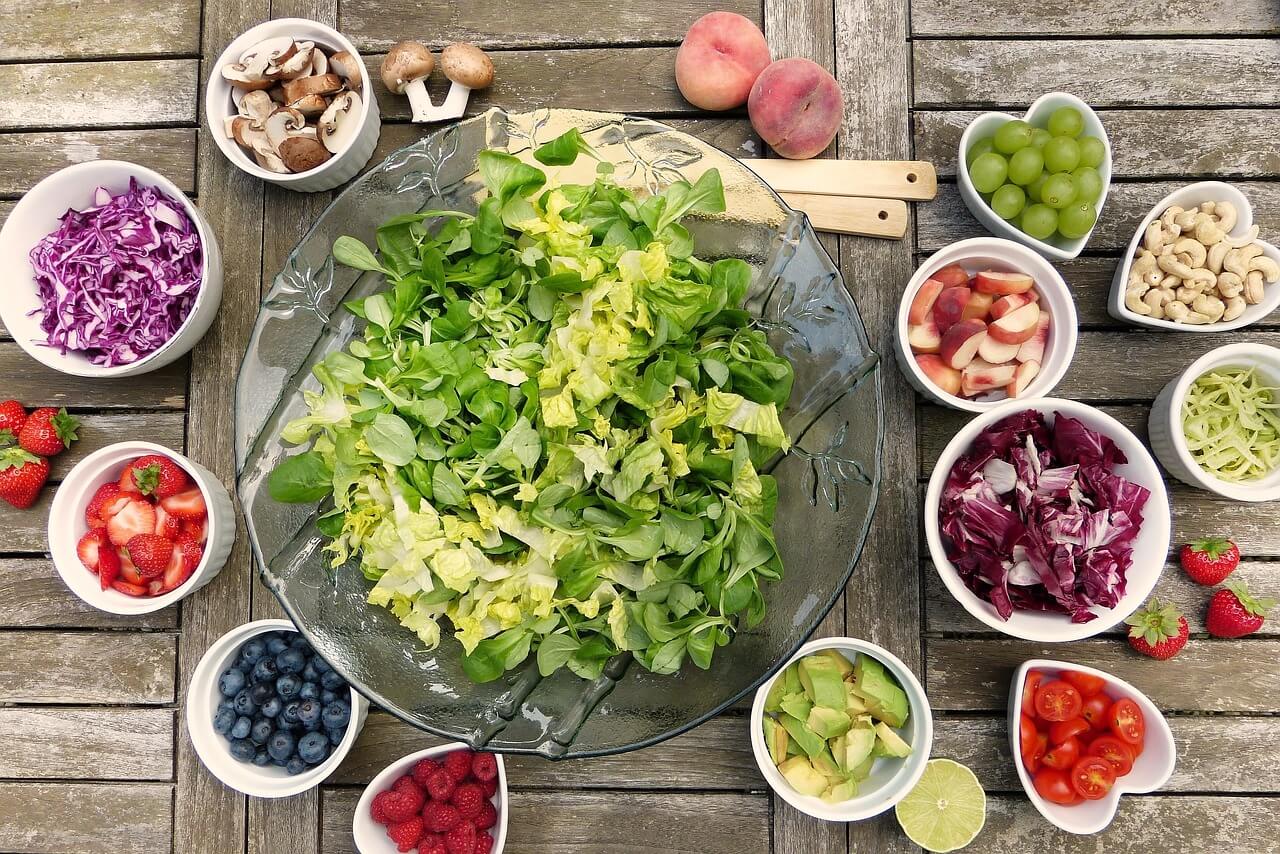Anti-Inflammatory Diet
The past two days in clinic I have had two patients ask the question, “what else can I do to help with my chronic back pain?” In both cases the patients were exercising, they were non smokers, and they were thin. They also both had chronic degenerative diseases that were not amenable to a simple surgery and were only partially managed with traditional conservative care including physical therapy, back exercises, stretching and chiropractic care. Neither patient wanted to take medications except when they had significant flare ups. Neither case had severe degenerative disease.
 What is interesting is that I have seen other patients with considerably worse spine disease that have little or no pain. Over the years, I have always attributed the differences in pain between two patients – with the same degree of disease on X-Rays and MRI – to some genetic difference in pain tolerance or maybe some difference in personality. Recently however, I am becoming more convinced that many of the patients with chronic pain are likely experiencing systemic inflammation. Part of the reason that I believe this is that they often respond to anti inflammatory medications and steroids given orally and injected.
What is interesting is that I have seen other patients with considerably worse spine disease that have little or no pain. Over the years, I have always attributed the differences in pain between two patients – with the same degree of disease on X-Rays and MRI – to some genetic difference in pain tolerance or maybe some difference in personality. Recently however, I am becoming more convinced that many of the patients with chronic pain are likely experiencing systemic inflammation. Part of the reason that I believe this is that they often respond to anti inflammatory medications and steroids given orally and injected.
Modern medicine in the United states is often criticized for being reactive, focused on treatment instead of prevention. Hence when we have inflammation we take medicine for it instead of trying to find and eliminate the source of inflammation. In most cases it must be something in our environment and logically the things that we are most exposed to are those we consume, meaning our food. There is a growing recognition among nutrition experts that many of the foods we eat might be causing systemic inflammation and there are hundreds of reports of people changing their diet and finding that their symptoms of chronic inflammation, such as back pain, are significantly improved.
So, for my patients that are already exercising and avoiding destructive habits like smoking but are still dealing with chronic pain from degenerative disease, I recommend looking into a non-inflammatory diet. It will not work overnight and it requires some dedication but there is a good chance that in a few weeks you will be feeling better and that long term you will be preventing progression of inflammatory disease. Some examples of this are the “Whole Thirty” and the “Paleo” diet. If you find this challenging, which many patients do, you might seek the help of a professional health and nutrition coach.
Request An Appointment
Address: 3273 Claremont Way, Ste. 201, Napa, CA 94558
Phone: 707-603-1042
